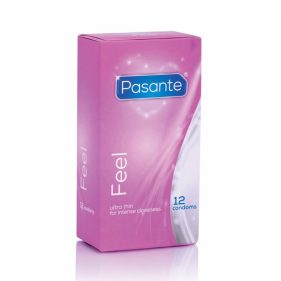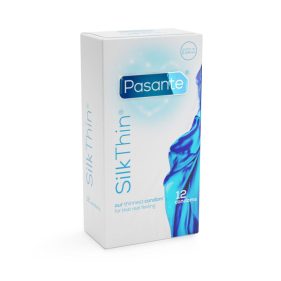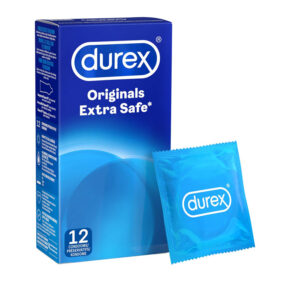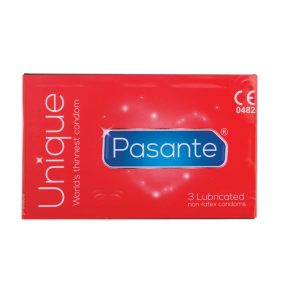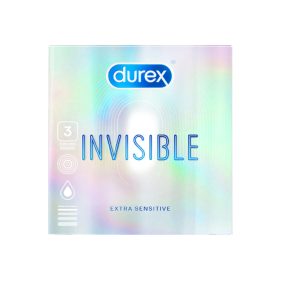
There have been a bunch of posts going around on social media, like this one, claiming that oral sex is now the leading cause of throat cancer, leaving people confused and some even skeptical about how true that really is.
But before you swear off oral entirely, let’s take a moment to look into what the medical sources actually say about this claim.
So… Can Oral Sex Really Cause Throat Cancer?

Let’s get one thing straight: oral sex itself—the act of stimulating the genitals with your mouth—doesn’t directly cause throat cancer.
However, if you’re having oral sex with someone who has human papillomavirus (HPV), there’s a risk of getting infected. Certain strains of HPV can lead to changes in the cells of the throat over time, and in some cases, those changes can eventually develop into cancer.
What is Human papillomavirus (HPV)?
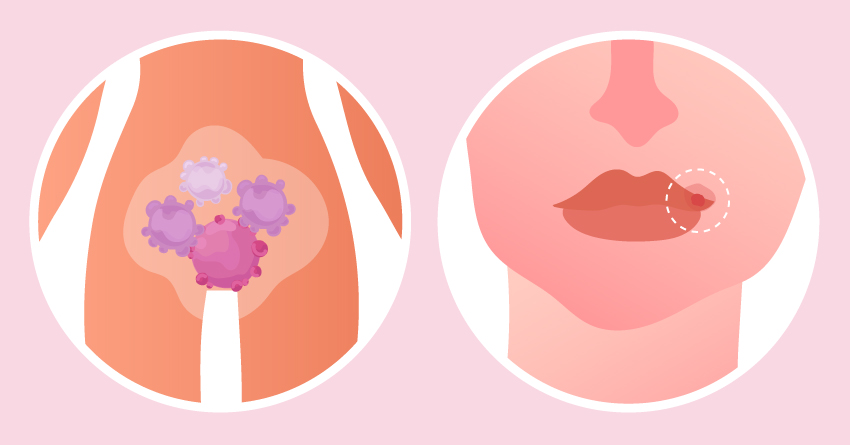
Human papillomavirus (HPV) is a common virus that spreads through skin-to-skin or sexual contact and can affect various body parts.
There are around 100 different strains of HPV, many of which are harmless and may cause things like warts. However, a small number of high-risk strains can lead to certain types of cancer over time.
How HPV Is Linked to Throat Cancer
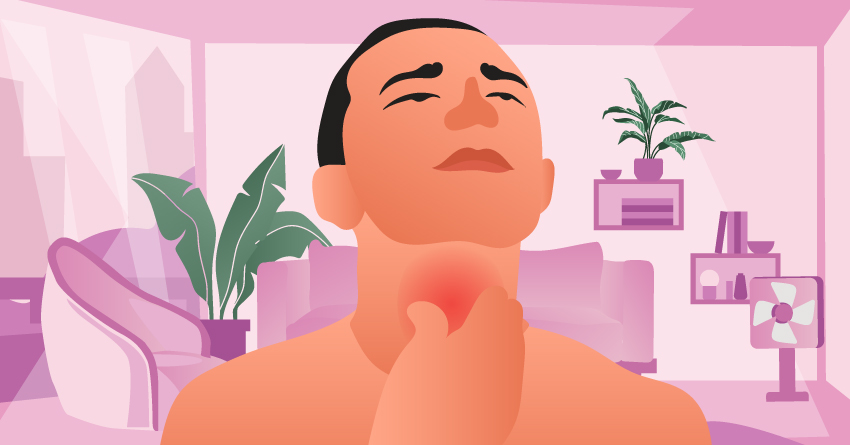
One of the cancers linked to HPV (HPV-16) is oropharyngeal cancer, which affects the area of the tonsils and back of the throat.
It usually takes years for oropharyngeal cancer to develop in someone with HPV. When it does, symptoms may include a long-lasting sore throat, earaches, hoarseness, swollen lymph nodes, pain when swallowing, and unexplained weight loss. In some cases, people don’t even notice any symptoms until the cancer has reached a later stage.
That’s why getting regular STI tests, including for HPV, is so important. It helps you catch potential issues early and get the necessary treatment before anything progresses to cancer.
Studies have shown that oropharyngeal cancer has now become more common than cervical cancer in some countries. A possible reason for this rise is that people tend to be less cautious with oral sex, assuming the risk of transmitting sexually transmitted infections is lower. And while it’s true that vaginal and anal sex are the primary ways STIs are spread, there’s still a real risk, especially when safe sex practices aren’t followed during oral.
How to Minimize Your Risk
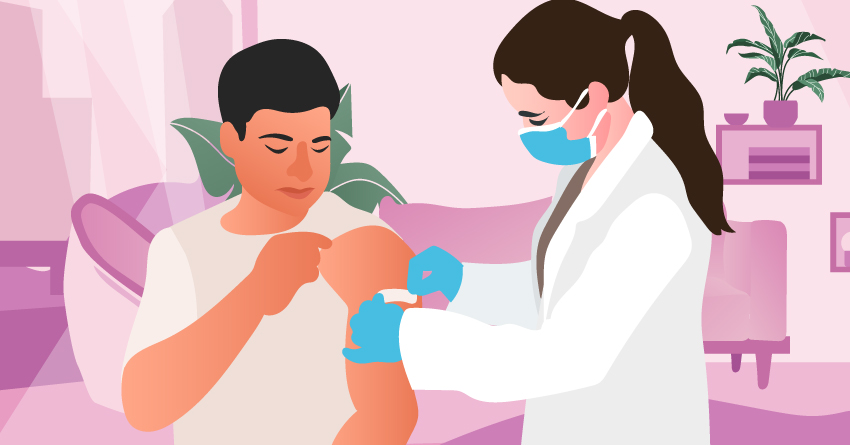
The most effective way to lower your risk of getting oropharyngeal cancer from HPV is by getting vaccinated. Gardasil 9 is a great option as it offers broad protection against nine HPV strains (6, 11, 16, 18, 31, 33, 45, 52, and 58). Still, it’s always best to talk to a healthcare provider to find out which vaccine is right for you.
While the HPV vaccine is most effective when given before someone becomes sexually active (some start as early as age 9), it can still offer preventive benefits later on, so the sooner you get it, the better.
Aside from getting the HPV vaccine, you’ll also need to avoid certain risk factors, like having multiple sexual partners or engaging in habits that weaken your immune system. And, of course, don’t forget to practice safe sex! Use condoms or dental dams during oral sex with casual partners, and make STI testing a regular part of your health routine.
-
₱150.00
-
₱285.00
Takeaway
At the end of the day, oral sex might carry a lower risk of STI transmission than vaginal or anal sex, but “lower” doesn’t mean zero.
That said, protect yourself and your partners, whether that means getting vaccinated, using protection like condoms or dental dams, or staying on top of regular STI screenings. Remember, sex should be fun, safe, and something both you and your partner can feel good about.
